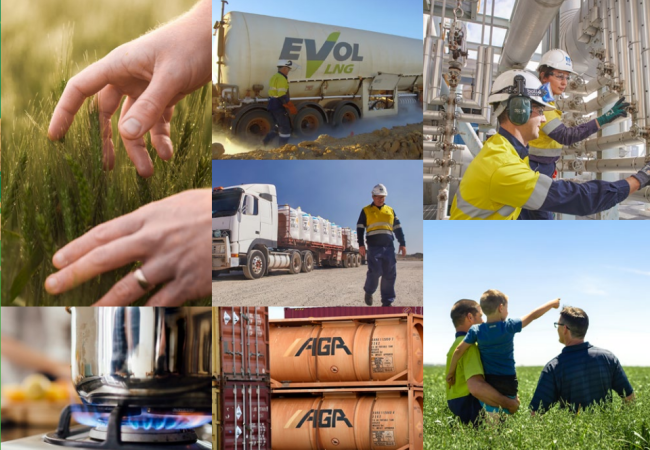WesCEF was recently asked to lead a key workshop for the State Government’s Mineral Carbonation Roadmap, which seeks to enable cost effective rapid, large-scale CO2 sequestration via mineral carbonation. Mineral carbonation is a natural process that can be accelerated using captured carbon dioxide which is mixed with mine or refinery tailings, which results in carbon sequestration, rather than carbon being emitted to the atmosphere.
Climate Opportunities Manager Jodie Kimber, embodying WesCEF’s value of collaboration, acted as a facilitator at the workshop to tease out what attendees identified as best practice, and what was missing or needed to be amended.
WesCEF General Manager – Climate Opportunities Mussaret Nagree said that the workshop brought together 40 members of industry, academics and researchers to identify what’s needed in the policy and legislation to support a mineral carbonation industry.
“Policy is a key driver for economic decisions, so identifying the framework needed to support future investment is extremely important if mineral carbonation is to occur on a large scale in Western Australia,” Mussaret said.
WesCEF’s involvement in the Roadmap stems from the organisation’s desire to find ways to utilise the carbon produced by its Kwinana-based businesses and achieve its net zero by 2050 goals.
“WesCEF has a high purity stream of CO2 placing it in a unique position to kick start the industry,” Mussaret said.
“The successful adoption and use of this technology is a potential value add for WesCEF, allowing us to turn carbon into other products like road base and building materials, and contribute toward building WesCEF’s portfolio of leading, sustainable businesses.”
The draft roadmap will be released for feedback in 2023.

